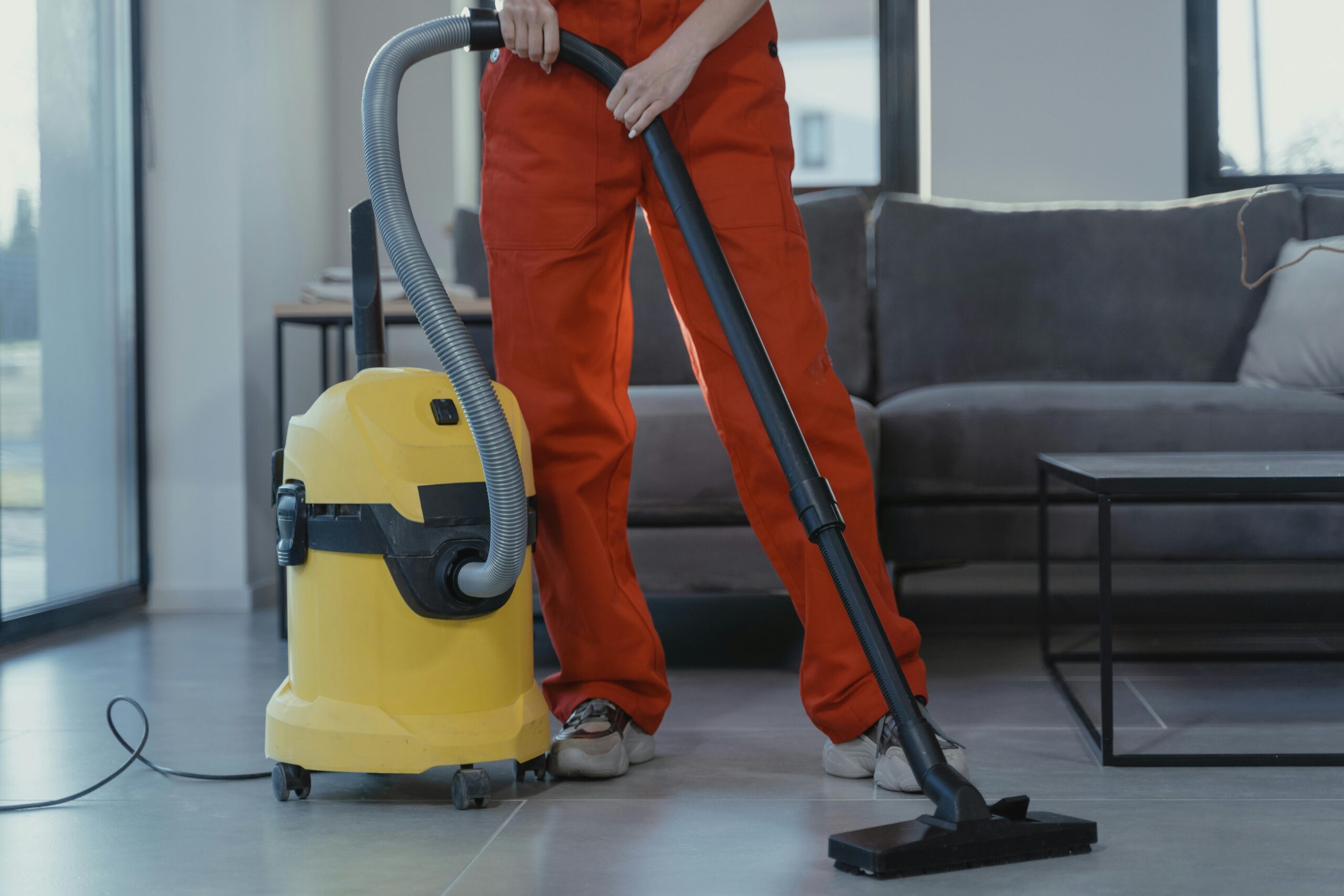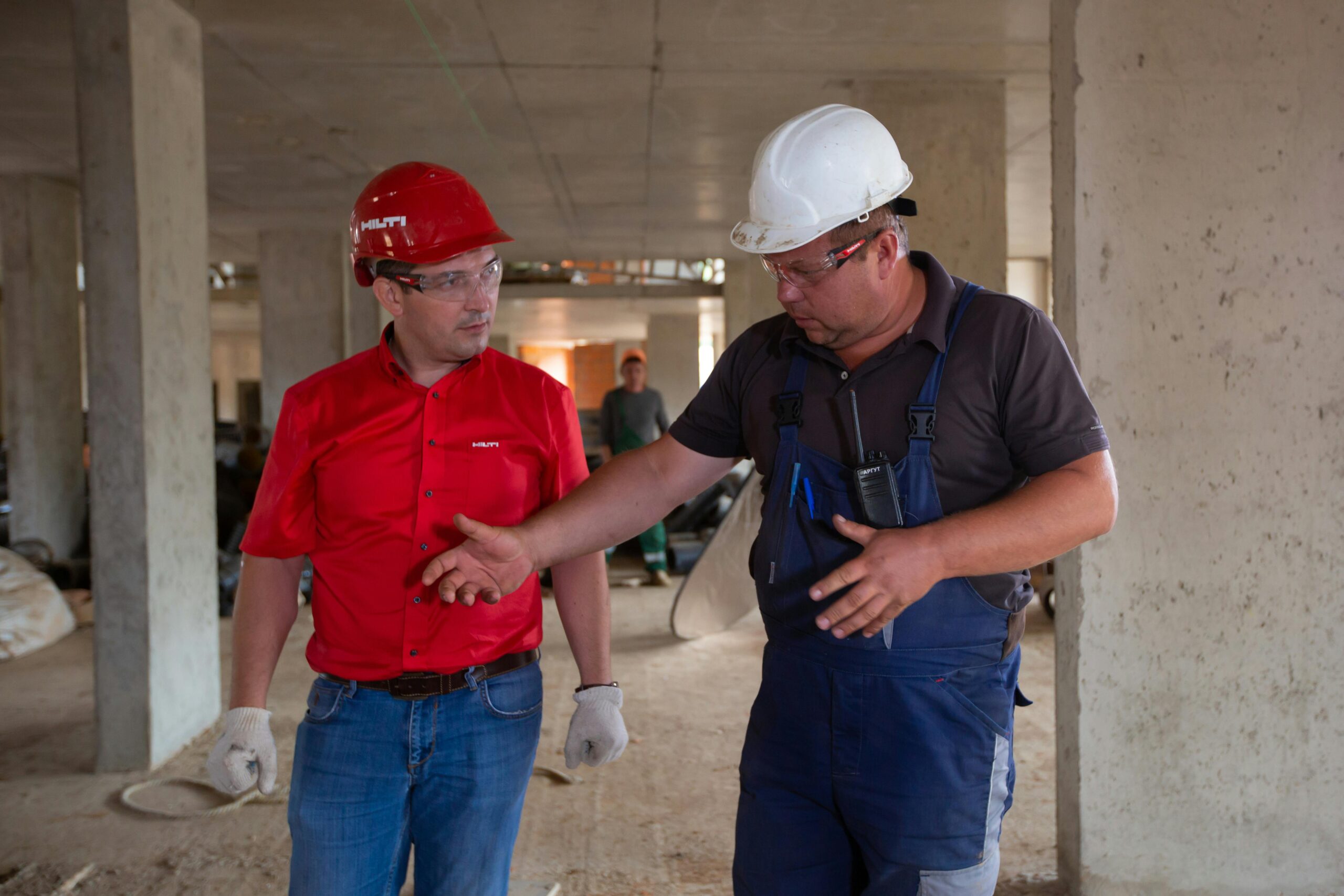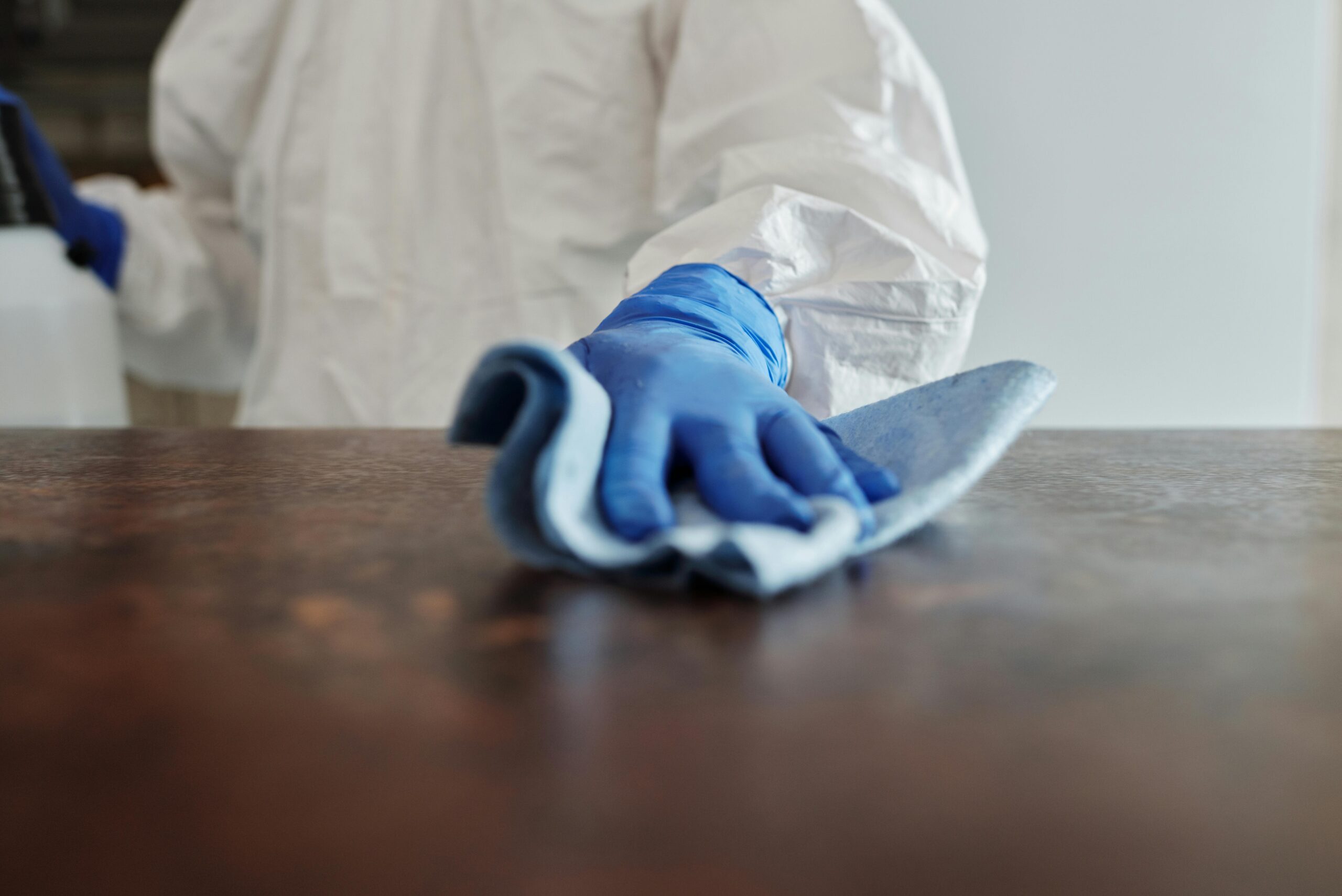
In the bustling world of commercial and industrial buildings, cleanliness is more than just a surface-level concern—it’s an essential component of maintaining a safe and effective environment. From hospitals and gyms to manufacturing plants and auto dealerships, facility managers and business owners face unique cleaning challenges daily. Here we’ll dive into the gritty details of common industrial stains and cleaning situations, and how expert commercial cleaning companies tackle these issues with skill and precision.
Grease stains are notorious in settings like auto dealerships and manufacturing plants. These tough, oily residues are not only eyesores but also potential hazards. They can cause slip-and-fall accidents and can damage surfaces if left untreated. Professional cleaning companies rise to the occasion with specialized degreasers and equipment designed to remove grease efficiently.
The key to removing grease is using the right solvent. Commercial cleaners utilize powerful, yet safe, chemical agents that break down these stubborn stains without harming surfaces. High-pressure cleaning equipment further aids in lifting grease from floors and machinery, restoring the surfaces to their original condition.
Expert cleaners focus not only on immediate removal but also on prevention. Regular maintenance schedules are implemented to ensure that grease accumulation is kept at bay. This proactive approach preserves the integrity of the facility and prevents future complications.
Mold and mildew are common adversaries in commercial buildings, particularly in places with high humidity like hospitals and gyms. These fungi can affect air quality and pose health risks, especially to individuals with respiratory issues. Professional cleaning companies deploy targeted strategies to address mold growth effectively.
The first step in combating mold is identifying the source of moisture. Professional cleaners conduct thorough inspections to pinpoint problem areas. Once identified, they employ industrial-grade fungicides and cleaning solutions to eradicate mold spores, preventing regrowth.
In addition to removal, preventing future mold outbreaks is critical. Experts often recommend humidity control measures and ventilation improvements to reduce moisture levels. Regular inspections and maintenance are also part of the strategy to keep mold at bay, ensuring a safer environment for occupants.
Carpets in commercial spaces endure heavy foot traffic, making stains an inevitability. From coffee spills in office break rooms to tracked-in dirt in hotel lobbies, these blemishes can detract from the overall appearance of a facility. Professional carpet cleaning services offer a solution with advanced.
Specialized carpet cleaning machines and solutions are used to lift stains out from deep within carpet fibers. Steam cleaning, in particular, is effective in not only removing stains but also sanitizing carpets by killing bacteria and allergens. This process leaves carpets looking fresh and extending their lifespan.
For ongoing carpet care, professionals often suggest routine cleaning schedules. This proactive approach ensures that stains are addressed promptly before they set in, and keeps carpets looking pristine. This attention to detail enhances the visual appeal of commercial spaces and contributes to a welcoming atmosphere.
In healthcare facilities like hospitals, cleanliness is paramount. Biological contaminants, including blood and other bodily fluids, must be handled with the utmost care. Professional cleaning companies employ rigorous protocols and specialized equipment to address these sensitive cleaning situations.
Using hospital-grade disinfectants, cleaners meticulously sanitize affected areas, ensuring complete decontamination. Personal protective equipment (PPE) is worn to safeguard cleaning personnel, and all biohazardous waste is disposed of according to strict guidelines.
Beyond immediate cleaning, maintaining hygiene standards is a continuous process. Routine sanitation and disinfection practices are implemented to prevent the spread of infection. These efforts protect patients, staff, and visitors, promoting a healthy environment within healthcare settings.
Food processing plants face unique cleaning challenges due to the strict hygiene standards required to prevent foodborne illnesses. Professional cleaning services specialize in handling the intricate needs of such environments, where cleanliness is crucial to both safety and compliance.
Sanitizing food contact surfaces is a priority. Cleaners use food-safe sanitizers and high-pressure washers to eliminate residues and bacteria. Detail-oriented approaches ensure that all equipment and surfaces meet health department standards, minimizing contamination risk.
Regular deep cleaning schedules are established to maintain high sanitation levels. By focusing on areas prone to buildup, such as drains and vents, professional services prevent long-term issues. Their work ensures that food processing facilities remain operational and compliant with industry regulations.
Food processing and food manufacturing plants face unique cleaning challenges due to the strict hygiene standards required to prevent foodborne illnesses and ensure product safety. Professional cleaning services specialize in handling the intricate needs of these environments, where cleanliness is crucial to both safety and compliance.
Sanitizing food contact surfaces and production equipment is a top priority. Cleaners use food-safe sanitizers and high-pressure washers to eliminate residues, bacteria, and contaminants specific to food production. Detail-oriented approaches ensure that all equipment and surfaces in both food processing and manufacturing areas meet health department and industry standards, minimizing contamination risks.
Regular deep cleaning schedules are established to maintain high sanitation and operational efficiency. By focusing on areas prone to buildup, such as drains, vents, and machinery, professional services prevent long-term issues. Their work ensures that these facilities remain operational, efficient, and compliant with stringent industry regulations.
Construction sites generate copious amounts of dust and debris, which can impact air quality and worker safety. Professional cleaning services play an essential role in managing these conditions, ensuring environments remain clean and safe throughout and after construction projects.
Highly efficient HEPA vacuums and dust control measures are employed to capture and remove airborne particulates. Specialized cleaning agents tackle residues left by construction materials, restoring surfaces to their pre-construction state.
Regular cleaning schedules and post-construction site cleanup services protect both workers and future occupants from potential health hazards. By keeping construction sites tidy and dust-free, cleaning professionals help maintain a safe and productive workspace.
In the world of commercial and industrial facilities, cleanliness is more than a nicety—it’s a necessity. From tackling tough grease stains to ensuring the highest standards in healthcare settings, professional cleaning companies provide invaluable services. Their expertise not only resolves complex cleaning challenges but also ensures environments are safe, compliant, and welcoming.
For facility managers and business owners, partnering with a reliable cleaning service can be a game-changer. It not only enhances the workplace but also protects investment and builds a reputation for excellence. When it comes to keeping commercial spaces spotless and efficient, trust in the professionals to deliver.
DBS Building Solutions delivers consistent, reliable, quality commercial cleaning and janitorial services to businesses and commercial spaces around the country.


